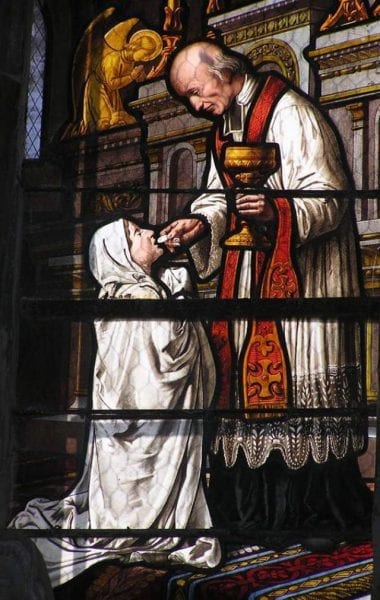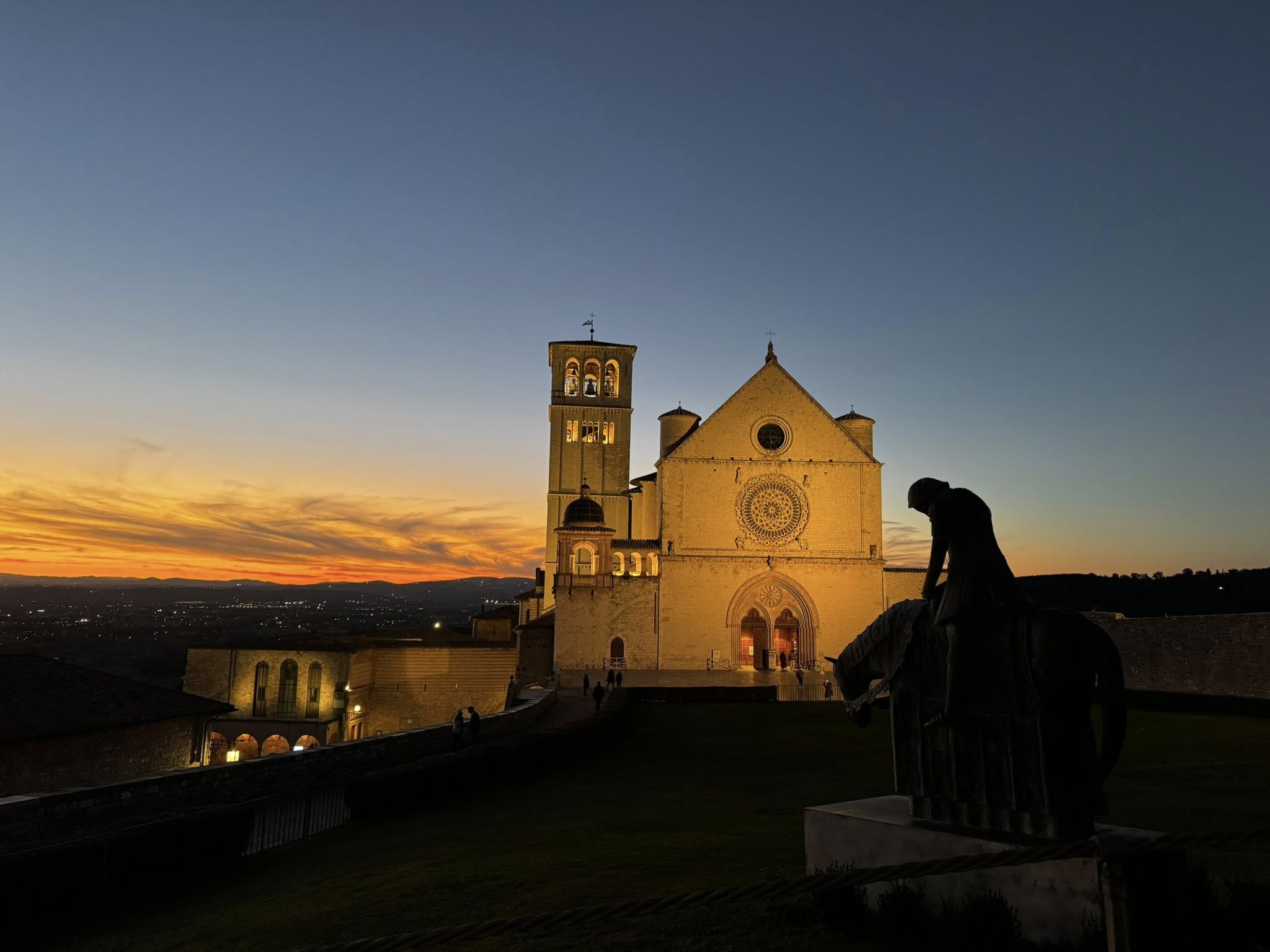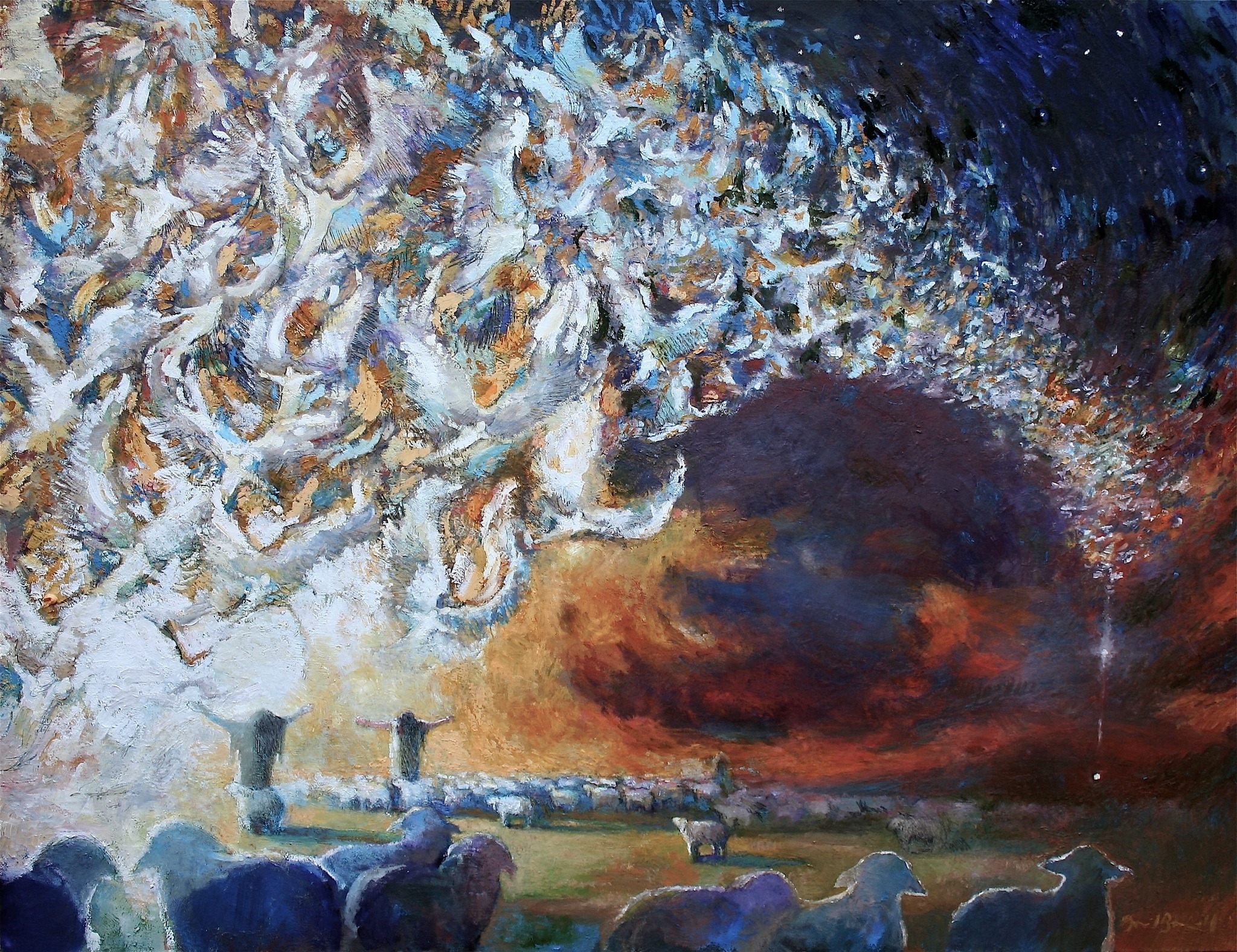On November 6, Spain remembered the martyrs of its civil war (1936-39), those who were martyred in contempt of their Christian faith. By 2019, we had 11 saints, 1889 blessed and numerous servants of God. A tribute of heroic blood, many stories that tell us of the immense tragedy that was also a historical event in the Catholic Church, in which however there is the paradox that Tertullian teaches us, who said that the blood of martyrs is the seed of new Christians. This is because these brothers and sisters show us a heroic example of how faith is demanding and asks us for total adherence, unto the shedding of blood, if necessary.
Many of these martyrs were priests, seminarians, religious and nuns. According to a calculation made, there are more than 6,800 martyred among the consecrated (included here are those who have not yet been raised to the honor of the altars), an enormous number which corresponded to a significant portion of the Spanish religious forces of the time. Obviously, there were also many lay people in this group, but here I want to focus on the consecrated ones, to reflect on the value and importance of the priesthood and how it should be defended in its dignity even at the cost of one’s life. These Spanish martyrs teach us, they teach it to priests from all over the world. And this martyrdom is practiced not only in living one’s life, but also in the many acts of patience that a priest has to sustain every day during his pastoral ministry. Priest’s vocation comes certainly at a cost.
Yet, if we look at the statistics, it should cause concern that countries with an ancient Christian tradition are seeing a constant decline in the number of priests: “As regards the number of priests, once again it is Europe (-2.608) to which we can add America (-690) and Oceania (-69) where there is a constant diminution. The increases are recorded in Africa (+1.649) and Asia (+1.989)” (Eliana Ruggiero, AGI, on statistical data provided by the Fides agency). We are consoled by saying that globally we are witnessing a percentage growth of Catholics, but in reality, this must be interpreted as it is probably driven by the growth of the world population. And this growth makes the statistical decline that has been going on for years even more worrying. Growth considerations could be made in Africa and Asia, but this is probably not the place.
Let us ask ourselves why that priesthood is no longer considered as a way to go in the West today. Could it be that the laicization of the clergy and the clericalization of the laity contributed to it? Years ago an Archbishop told me that the Second Vatican Council had contributed in showing the priest not only as an official of the sacred. But isn’t that his main job? By losing this, would they not give away their deepest identity, which manifests itself with the use of the ecclesiastical habit, with a life of prayer and above all with the safeguarding of the dignity of the liturgy? They are priests forever precisely because the fundamental character of the priesthood orders people to Christ and must always be a call to him.
Benedict XVI in 2009, in his Letter proclaiming a Year for the priests, among other things, has said: “There are also, sad to say, situations which can never be sufficiently deplored where the Church herself suffers as a consequence of infidelity on the part of some of her ministers. Then it is the world that finds grounds for scandal and rejection. What is most helpful to the Church in such cases is not only a frank and complete acknowledgment of the weaknesses of her ministers, but also a joyful and renewed realization of the greatness of God’s gift, embodied in the splendid example of generous pastors, religious afire with love for God and for souls, and insightful, patient spiritual guides.
Here the teaching and example of Saint John Mary Vianney can serve as a significant point of reference for us all. The Curé of Ars was very humble, yet as a priest, he was conscious of being an immense gift to his people: “A good shepherd, a pastor after God’s heart, is the greatest treasure which the good Lord can grant to a parish, and one of the most precious gifts of divine mercy.” He spoke of the priesthood as if incapable of fathoming the grandeur of the gift and task entrusted to a human creature: “O, how great is the priest! … If he realized what he is, he would die… God obeys him: he utters a few words and the Lord descends from heaven at his voice, to be contained within a small host…”. Explaining to his parishioners the importance of the sacraments, he would say: “Without the Sacrament of Holy Orders, we would not have the Lord. Who put him there in that tabernacle? The priest! Who welcomed your soul at the beginning of your life? The priest! Who feeds your soul and gives it strength for its journey? The priest! Who will prepare it to appear before God, bathing it one last time in the blood of Jesus Christ? The priest, always the priest! And if this soul should happen to die [as a result of sin], who will raise it up, who will restore it’s calm and peace? Again, the priest… After God, the priest is everything! … Only in heaven will he fully realize what he is”. These words, welling up from the priestly heart of the holy pastor, might sound excessive. Yet they reveal the high esteem in which he held the sacrament of the priesthood.
He seemed overwhelmed by a boundless sense of responsibility: “Were we to fully realize what a priest is on earth, we would die: not of fright, but of love… Without the priest, the passion and death of our Lord would be of no avail. It is the priest who continues the work of redemption on earth… What use would be a house filled with gold, were there no one to open its door? The priest holds the key to the treasures of heaven: it is he who opens the door: he is the steward of the good Lord; the administrator of his goods … Leave a parish for twenty years without a priest, and they will end by worshiping the beasts there … The priest is not a priest for himself, he is a priest for you.” The Spanish martyrs teach us that there is something greater than our life, there is the recognition of our dignity as Christians, as St. Leo the Great also taught us and knew how to defend it, in the context of one’s vocation, to the end.


 Follow
Follow

